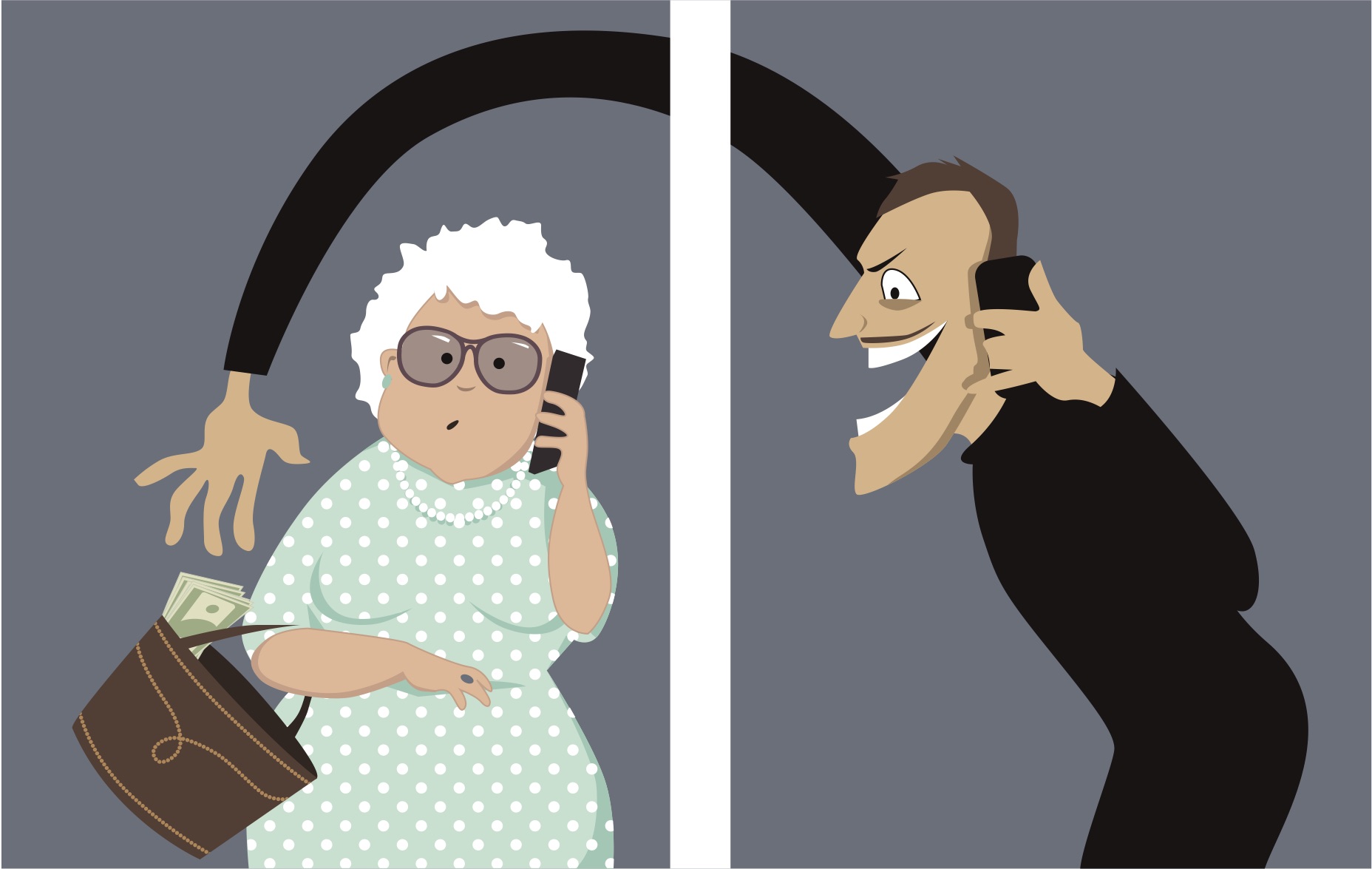A lot of people come to AboveBoard with insurance situations that urgently need fixing. Usually, they have no coverage or their coverage is dangerously low versus their needs. Or they’re massively overpaying for the coverage they have.
Lauren* was different. Her existing life insurance coverage was not in bad shape, but we were able to identify key shortcomings and upgraded her coverage for no additional cost.
*Note: All names, professions, and other personally identifying details have been changed to protect our clients’ identities.
A highly analytical hedge fund portfolio manager in her 30s, Lauren came to AboveBoard seeking a review of her insurance coverage. She had purchased $1 million 30 year term about 5 years ago, and added $2 million 20 year term the prior year, after she’d become a mom.
I agreed with her coverage calculation. While Lauren is part of a high-income, two-earner household with a young child, the family’s lifestyle is modest relative to their means and they already have meaningful assets. Her math made complete sense.
What Looked “Off” About Lauren’s Existing Coverage
However, I did not like the advice (or lack thereof) she had gotten about two key aspects of her existing insurance.
- Wrong carrier for her profile - Lauren is a healthy individual, but she’d had some problematic moles removed. Her outlook is excellent and she now gets regular dermatology checks, but some carriers react really badly to a history of mole removals. The carrier for both her existing policies was one such carrier. Based on our experience, we knew we could do better on pricing with a different carrier.
- Wrong product features for her situation - here at AboveBoard we do not subscribe to the notion that all high-earning people should have permanent life insurance (coverage that lasts your entire life). That’s definitely incorrect. While permanent insurance is the right choice in some situations (more on that in another post), it often gets sold even when it’s not the best choice because it pays higher commissions.
But high-earning people should always look at how much extra it would cost to choose a policy with an excellent conversion option, which allows you to convert your term policy to a permanent policy without having to prove you can pass a medical exam or any other questions the insurance company asks applicants in the future. This can be a very valuable option for your “future self”, worth up to millions of dollars for yourself and your loved ones.
Don’t let anyone tell you all term policies (and their conversion options) are the same. That is 100% false. I go into detail on conversion options here, but know that an excellent conversion option:
- Gives you a long window of time to convert (think the entire term, or until age 65 or 70, whatever comes first)
- Allows you to choose any permanent insurance policy the carrier is offering at that future date
By contrast, the “meh” conversion options don’t let you convert for very long, or force you to convert to one (rather crappy) permanent policy they offer to people who are converting.
Lauren was definitely in a situation where she should consider a high-quality conversion option.
What We Presented to Lauren
We shared the details of Lauren’s profile anonymously with a bunch of different carriers, and narrowed the universe down to carriers that responded favorably to her specific profile.
We offered two options:
- Cost minimization - we identified a carrier that was open to offering similar amounts of coverage to what Lauren already had, but for 5 years longer and for about $200 / year less. The conversion options were not great, but neither were the ones on her current policies.
- Future flexibility maximization - if Lauren valued the option to convert to permanent in the future, then for the same price she was already paying, we could get her coverage where the term took her 5 years further into the future and both policies had outstanding conversion options.
We explained the trade-offs and she chose #2 - she particularly liked the idea of an excellent conversion option because she appreciated the inexpensive flexibility it provided: her future self would have the choice to continue coverage at attractive rates, regardless of future health status.
Lauren is close to someone who’d received a cancer diagnosis in their early 50s, so she has a visceral understanding of how one’s health outlook can change (oftentimes this can be a hard thing to appreciate until you’ve been close to someone going through it). She liked the idea that if she encountered a serious health issue anytime between now and the end of the 30 year term, she could elect permanent coverage at pricing that doesn’t factor in a major health issue.
It also offered her long-term flexibility to consider attractively priced permanent life insurance as part of her estate plan, without committing a lot of money to life insurance today.
How The Story Ended
We applied for coverage from the carrier offering the excellent conversion option. Lauren was approved exactly as we’d applied.
Once we got the “case complete” message from Lauren’s new carrier, we told her she was cleared to drop her old coverage, and she moved forward with vastly better coverage for a similar price as her old coverage!
To get AboveBoard’s facts-based honest help figuring out whether your life insurance situation is where it should be, visit our life insurance calculator.





